Best movies like Parsifal
A unique, carefully handpicked, selection of the best movies like Parsifal Starring Armin Jordan, Wolfgang Schöne, Martin Sperr, Hans Tschammer, and more. If you liked Parsifal then you may also like: Youth Without Youth, The Unwritten Law, Aguirre, the Wrath of God, Callas Forever, A Dangerous Method and many more popular movies featured on this list. You can further filter the list even more or get a random selection from the list of similar movies, to make your selection even easier.
A psychological interpretation of the opera mixing in references to the history of Germany, Wagner’s life, German literature and philosophy. The action is centered on Wagner’s death mask. Kundry is the main character – one might read the film as the story of her redemption rather than that of Amfortas.
Parsifal
You may filter the list of movies on this page for a more refined, personalized selection of movies.
Still not sure what to watch click the recommend buttun below to get a movie recommendation selected from all the movies on this list
The Unwritten Law
A film producer is found murdered on a ship, and among the suspects are a young woman whose mother was mistreated by him and his recently fired electrician.
Aguirre, the Wrath of God
A few decades after the destruction of the Inca Empire, a Spanish expedition led by the infamous Aguirre leaves the mountains of Peru and goes down the Amazon River in search of the lost city of El Dorado. When great difficulties arise, Aguirre’s men start to wonder whether their quest will lead them to prosperity or certain death.
A Dangerous Method
Seduced by the challenge of an impossible case, the driven Dr. Carl Jung takes the unbalanced yet beautiful Sabina Spielrein as his patient. Jung’s weapon is the method of his master, the renowned Sigmund Freud. Both men fall under Sabina’s spell.
Our Hitler: A Film from Germany
This inventive, exhaustive seven-hour film looks at the rise, reign and demise of Adolf Hitler. German director Hans Jürgen Syberberg, who was a child during World War II, doesn't try to recreate history to the letter. Instead, he places his actors -- many of whom play several roles -- on a stage and has them reenact events based on and inspired by Hitler's life. The action combines traditional narration and historical characters, but also idiosyncratic tweaks, like the use of puppets.
Karl May
This ethereal, three-hour biopic is the middle film in Hans-Jürgen Syberberg’s “German Trilogy” on the mythological foundations of the Third Reich. By fusing theater, music, and cinema, Syberberg conjures up Karl May (1842-1912), the immensely popular German author, who set many of his adventure novels in an idealized version of the American Wild West. His tales of the cowboy and the Ubermensch alike were beloved by many, including (Our) Hitler, who supposedly ordered his generals to read May works after defeats in the Russian campaign.
Ludwig – Requiem for a Virgin King
Reflected in an artificial and bombastically staged illusory world with Wagnerian compositions, glossy and satirical time references, 19th century German figures and traditions are stripped of their mythology and interpreted by the Germany of 1972.
The Life and Death of 9413, a Hollywood Extra
This short experimental film tells the story of a man who comes to Hollywood to become a star, only to fail and be dehumanized. He is identified by the number 9413 written on his forehead.
Lisztomania
Roger Daltrey of The Who stars as 19th century genius pianist Franz Liszt in this brash, loud and free-wheeling rock 'n' roll fantasia centered around an imagined rivalry between Liszt and composer Richard Wagner-- painted here as a vampiric harbinger of doom and destruction.
Ludwig II
A dramatic retelling of the life of Ludwig II, King of Bavaria, one of the most fascinating monarchs of modern times. From his accession to the throne at the age of 18 to his passionate support of Richard Wagner and his music. From his ingenuous political commitment to his obsessive construction of extravagant palaces and to his gradual withdrawal into a lonely dream world, an epic narrative of breathtaking grandeur.
Magic Fire
Director William Dieterle's 1956 film biography of classical composer Richard Wagner stars Carlos Thompson, Yvonne De Carlo, Rita Gam, Alan Badel and Valentina Cortese.
Artists Under the Big Top: Perplexed
A young circus director ends up going into television after her father, a trapeze performer, dies in a circus accident.
Chronicle of Anna Magdalena Bach
The life and music of Johann Sebastian Bach as presented by his wife, Anna.
The Studio Murder Mystery
Philandering actor Richard Hardell is murdered at a movie studio. His jealous wife Blanche, his director Rupert Borka, and a girl he mistreated, Helen MacDonald, all have substantial reasons for having wanted him dead.
Trapped Ashes
Trapped in a house of horror, seven people discover that the only way they'll get out alive is to tell their scariest stories.
The Confessions of Winifred Wagner
Hans-Jürgen Syberberg’s epic interview with Winifred Wagner in 1975.
The Life and Works of Richard Wagner
The story of the great German composer, from his childhood through his great triumphs in orchestral and operatic music.
Karajan: Portrait of a Maestro
An account of the life and work of controversial German orchestra conductor Herbert von Karajan (1908-89), celebrated as one of the greatest musicians of the twentieth century.
The Death of Maria Malibran
Werner Schroeter mixes Stravinsky, Beethoven, Brahms, Maria Callas and Janis Joplin in this delirious biography of the doomed nineteenth-century mezzo-soprano.
The Eyes of Dante
He is considered the greatest European poet of the Middle Ages and his work unfolds the whole panopticon of occidental education – theology, philosophy, sciences, politics and literature. But who has really read it, the “Divine Comedy”? Who knows more of its creator Dante Alighieri than that he had an eagle-like profile and was in love with a woman named Beatrice? 700 years after Dante’s death, the filmmaker Adolfo Conti travels through Italy with Dante’s words in mind and eyes to see the world as Dante did. As the film encounters the beauty of arts and the Tuscan landscape, the forces of nature, a dramatic life story is unfolded.
Alexander the Great
Alexander, a tribal warlord and former political prisoner, kidnaps British tourists, holding them for ransom until Britain and the Greek puppet government in Athens meet his demand for amnesty for his band of freedom fighters.
Othon
Straub-Huillet’s first color film, adapts a lesser-known Corneille tragedy from 1664, which in turn was based on an episode of imperial court intrigue chronicled in Tacitus’s Histories. The costuming is classical, and the toga-clad, nonprofessional cast performs the drama’s original French text amid the ruins of Rome’s Palatine Hill while the noise of contemporary urban life hums in the background. Their lines are executed with a terrific flatness and frequently through heavy accents; the language in Othon becomes not merely an expression but a thing itself, an element whose plainness here alerts us to qualities of the work that might otherwise be subordinated.
Moses and Aaron
A familiar Biblical tale transformed into a cinematic opera of seemingly endless possibility. In expressive, melodic tones, the fraternal pair debate God’s true message and intent for His creations, a conflict that leads their followers towards chaos and sin. Set almost entirely within a Roman amphitheater whose history lends every precise line-reading and gesture, every startling camera move and cut, a totalizing force.
From the Clouds to the Resistance
'Dalla nube alla resistenza (From the Cloud to the Resistance ) (1978), based on two works by Cesare Pavese, falls into the category of History Lessons and Too Early, Too Late as well. It, too, has two parts—a twentieth-century text and a text regarding the myths of antiquity, each set in the appropriate landscape. Pavese's The Moon and the Bonfires looks back on the violent deaths of Italian anti-Fascist resistance fighters; Dialogues with Leucò is a series of dialogues between heroes and gods, connecting myth and history and returning to an ambiguous stage in the creation of distinctions, such as that between animal and human, which are fundamental to grammar and language itself. Such a juxtaposition of political engagement with profoundly contemplative issues such as myth, nature, and meaning points to the characters of Empedocles and Antigone in the Hölderlin films.' (From "Landscapes of resistance. The German Films of Danièle Huillet and Jean-Marie Straub" by Barton Byg)
Das Rheingold
From the gorgeous scene deep in the river Rhine that opens the opera, up to the magic Rainbow Bridge that appears at the end, leading to a glistening Valhalla, Otto Schenk’s production captures the scenic world of Wagner’s Ring as brilliantly as James Levine and the Met orchestra capture the musical world. The cast is incomporable: an astounding James Morris as the young god Wotan, the great Christa Ludwig as his wife Fricka, incandescent Siegfried Jerusalem as Loge, the wily god of fire, and Ekkehard Wlaschiha as a complex Alberich.
Die Walküre
The gorgeous and evocative Otto Schenk/Günther Schneider-Siemssen production continues with this second opera in Wagner’s Ring cycle. Hildegard Behrens brings deep empathy to Brünnhilde, the favorite daughter of the god Wotan (James Morris) who nevertheless defies him. Morris’s portrayal of Wotan is deservedly legendary, as is Christa Ludwig, as Fricka. Jessye Norman and Gary Lakes are Sieglinde and Siegmund, and Kurt Moll is the threatening Hunding. James Levine and the Met orchestra provide astonishing color and drama. (Performed April 8, 1989)
Götterdämmerung
The stupendous climax to Wagner’s four-part Ring cycle is brilliantly realized by the Otto Schenk/Günther Schneider-Siemssen production and byJames Levine’s monumental conducting. The Met orchestra, chorus, and an all-star cast make this Götterdämmerung one that truly rises to the occasion. Hildegard Behrens’s Brünnhilde must be experienced to be believed, as does Matti Salminen’s richly sung, domineering Hagen. At the center of the drama is Siegfried Jerusalem as Siegfried, who does not realize he has been drawn into a plot of betrayal until it is too late. Christa Ludwig is magnetic as Waltraute and Ekkehard Wlaschiha is a compelling Alberich.
The Ring Cycle: Gotterdammerung
THIRD DAY OF THE RING CYCLE. Günter, the lord of the Rhine people, gives Siegfried a love potion that causes Siegfried to forget Brünnhilde and fall in love with Günter's sister Gutrane. Siegfried has given Brünnhilde the Ring as a token of their love, but her Valkyrie sister urges her to destroy it, because their father Wotan has lost his spear and power and is hiding out in Valhalla. Instead, Brünnhilde keeps it, and under the influence of the potion, Siegfried steals it from her. Enraged, Brünnhilde helps Alberich's son murder Siegfried, but Siegfried's memory returns, and he dies thinking of Brünnhilde. Brünnhilde repents and orders a funeral pyre to be built. She rides into the fire herself, and the Rhinemaidens get the ring back. The story closes with flames flickering about Valhalla in the background. Filmed at the Bayreuth Festspielhaus in June & July 1991.
History Lessons
Set in contemporary Rome, the film shows through a series of encounters with “ancient” Romans, how the economic and political manipulation by ancient Roman society led to Caesar’s dictatorship. - British Film Institute
Wagner: Das Rheingold
This 1978 studio production of the prologue to Wagner's masterpiece is the only segment of the famous Salzburg Festival/Metropolitan Opera productions, first seen in the 1960s, that made it to film. Based on one of those original productions, Georges Wakhevitch produced stage settings and transformations that supported Karajan's concept with every possible means. Herbert Von Karajan's staging is in the epic style of another age, emphasizing the dignity of the gods rather than their all too human failings. With the singers - foremost among them Peter Schreier - Karajan had an ensemble that fully conformed to his intentions.
The Night
Die Nacht ("The night") is a 1985 West German installation film directed by Hans-Jürgen Syberberg. It consists of a six hours long monologue performed by Edith Clever, who reads texts by Syberberg and many different authors, such as Johann Wolfgang von Goethe, Heinrich von Kleist, Plato, Friedrich Hölderlin, Novalis, Friedrich Nietzsche, Eduard Mörike, Richard Wagner, William Shakespeare, Samuel Beckett and chief Seattle. The film was screened out of competition at the 1985 Cannes Film Festival. (from: https://en.wikipedia.org/wiki/Die_Nacht)




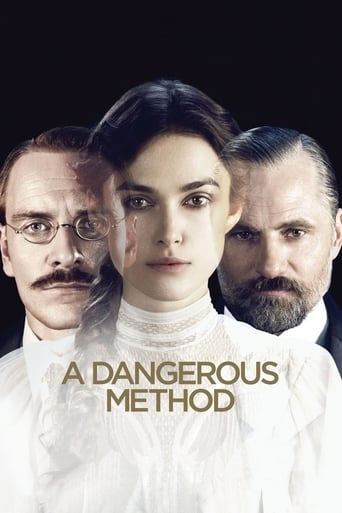







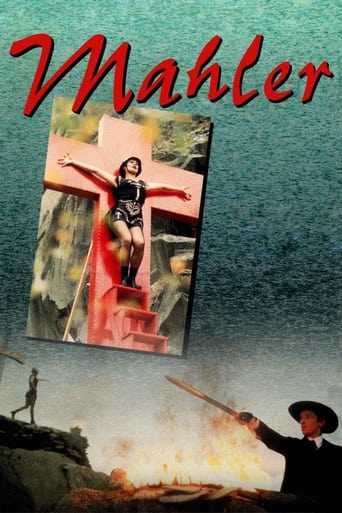


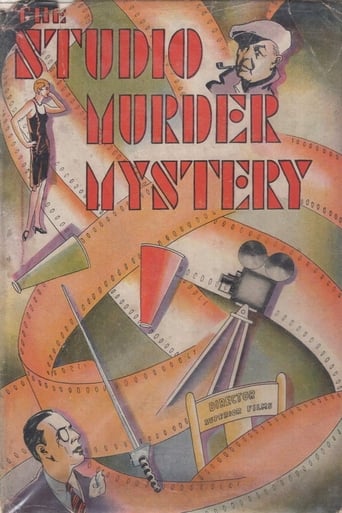



















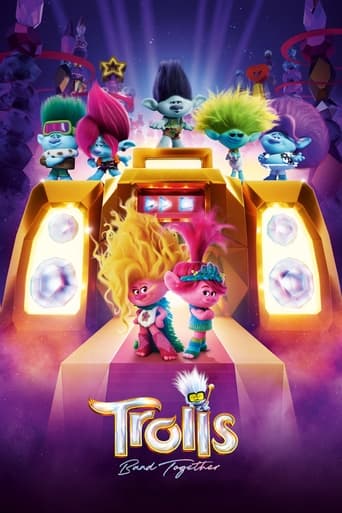
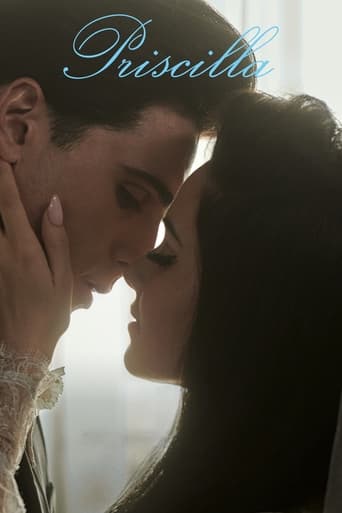
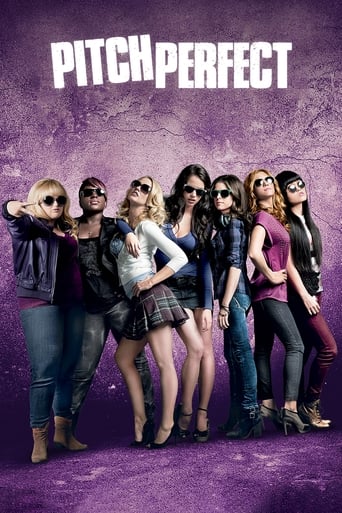
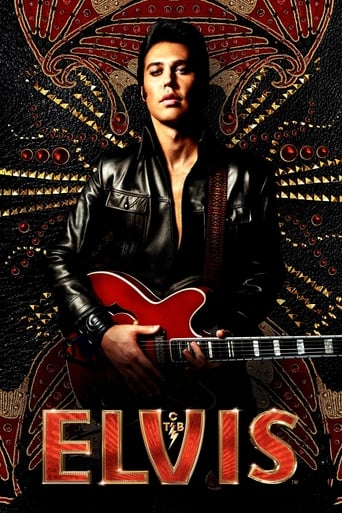
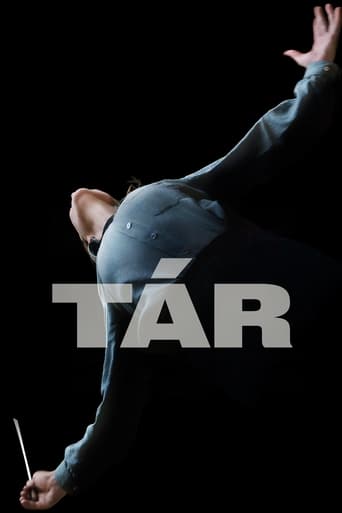


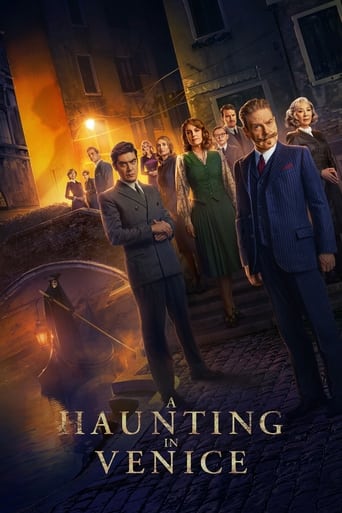
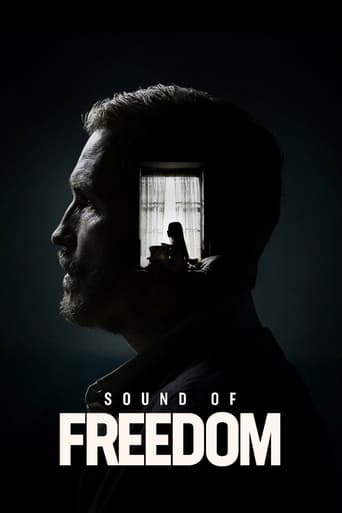
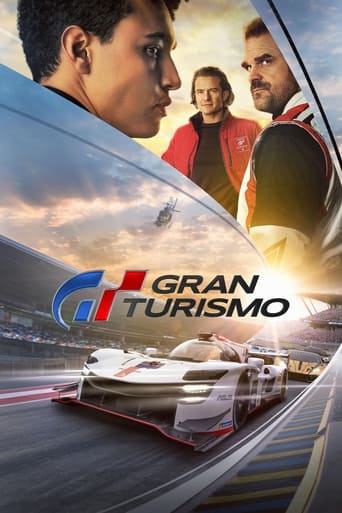
Youth Without Youth
A love story wrapped in a mystery. Set in Europe before WWII, professor of language and philosophy Dominic Matei is struck by lightning and ages backwards from 70 to 40 in a week, attracting the world and the Nazis. While on the run, the professor meets a young woman who has her own experience with a lightning storm. Not only does Dominic find love again, but her new abilities hold the key to his research.